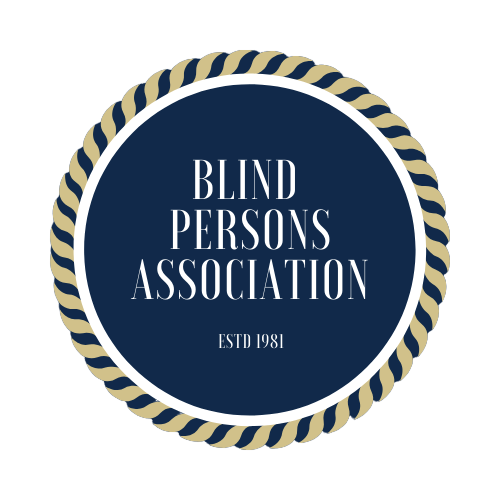- +91-95604-34635
- [email protected]
- Flat # 586, Sector 13 - A, Dwarka, New Delhi - 75
Misconceptions about Blind Persons
Misconceptions of blind people are vast, contradictory, and are derived mostly from a mix of unfamiliarity with blind people and the belief that to experience blindness all one needs to do is close your eyes. Some of the misconceptions are:
- Blind people have superior hearing- They learn to concentrate, discern and derive a lot of meaning from sound, and make use of it in innovative ways. They are not distracted by sight. On a straight up listening test, blind people hear at a normal level.
- Blind people need to be spoken to very loudly or they won't know you are addressing them- Actually, they ignore loud speaking people as they find them rude and vulgar.
- Most blind people are totally blind- Actually, the definition of legal blindness covers a range of conditions. Some have tunnel vision, others peripheral. Some can read large print. Others have focusing difficulties. Most blind people are not completely without sight.
- All blind people read Braille- Today illiteracy is a problem in the blindness community. Two factors contribute; one is the fact that many children who can see large print become increasingly blind with age, yet they are often resistant to learning Braille and a competent tutor may not be readily available. Secondly, audio books, talking books, and other methods, encourage the blind to listen instead of read. The problem here is how the brain processes the information and the level of reinforcement one gets relating to spelling, grammar, punctuation, etc. Many blind people are highly functional illiterates.
- Most blind people go to private special schools- Blind people are also involved in college campus life. Scholarships are available to qualified blind candidates. Schools for the blind are still in existence too.
- When speaking to a blind person figurative speech must not be used- Untrue, figurative usage of words such as see, view, and look, have little to do with actual vision.
- Most blind people are magical or crazy- There is a perception that blind people accomplish things through a sort of amazing magic. The other extreme is the opinion that if one closes their eyes, and cannot cook, therefore, no blind person can cook. The fact is that sighted people do not know the techniques for cooking without seeing, nor any other blindness strategy. Blindness is the sum of knowledge and practice. They put their experience of being blind against anyone who simply closes their eyes and tries a general task.
- Counting steps is an effective tool for safe traveling- Counting steps is ridiculous. That's like finding your friend's house by estimating how many times your wheels turned on the drive over there. Landmarks are the way. They count streets, remember various attributes such as trees, driveways, curbside benches, and alike, but counting steps doesn't work after ten paces or so. Anyone who has ever tried to find buried treasure knows that.
- Guide dogs know a million locations and can take thousands of commands- A guide dog only knows four to six commands that the average dog doesn't know. Forward, left, right, stop, are among them. You don't tell the dog take you to the theatre and he simply takes you there. The blind person needs to navigate.
- Most blind people are looking for a cure- For working age blind people, the vast majority do not disparage their blindness. It is a part of their identity just as being Black, Canadian, or a military officer can be a major part of identity. They would like to be treated better. Many personnel directors and human resources staffers will not recommend a blind job candidate even if the references, education, and experience are stellar.
Comments
No comments made yet. Be the first to submit a comment

